Charting 106 years of Azerbaijani diplomacy Tradition, pragmatism, and strategic growth
On July 9, Azerbaijan celebrated the Day of Diplomatic Service Employees. This professional holiday, established by a decree of President Ilham Aliyev on August 24, 2007, traces back to July 9, 1919 — the date when the first official document concerning the Ministry of Foreign Affairs of the Azerbaijan Democratic Republic (ADR) was adopted: the provisional instruction on the Secretariat of the ADR Foreign Ministry.
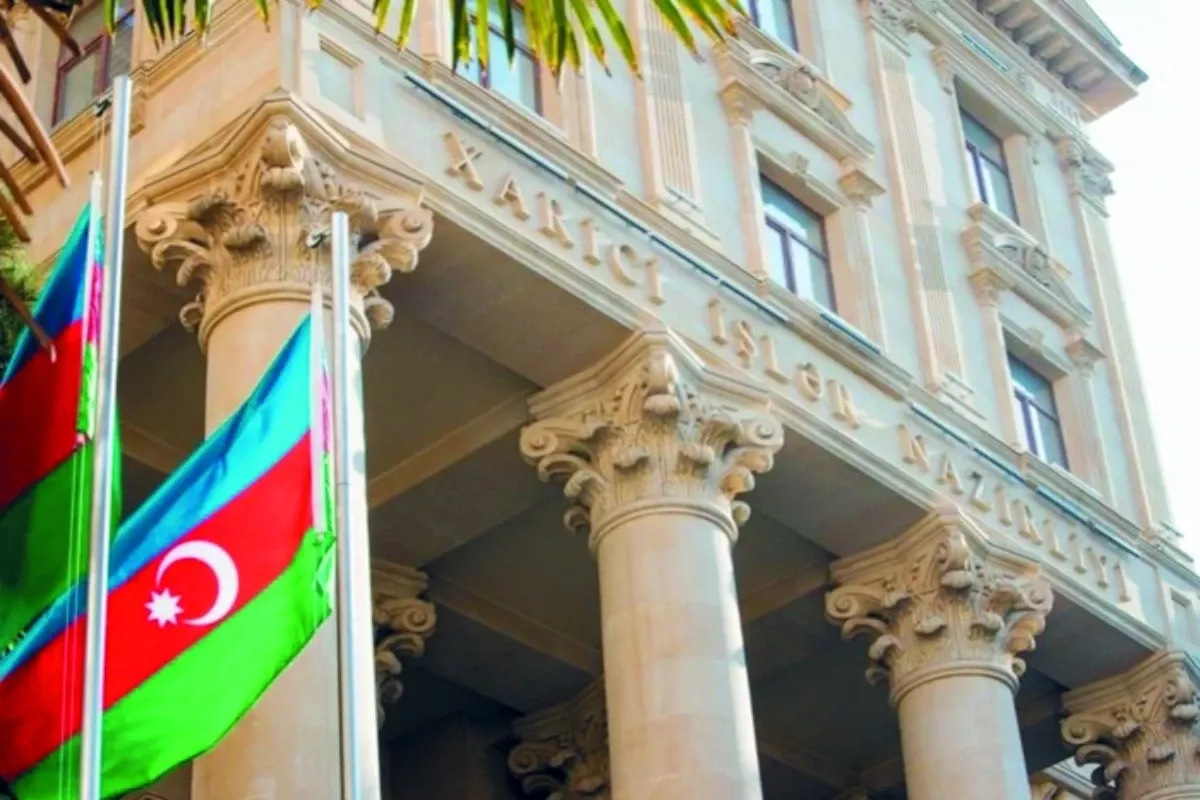
It is important to emphasise that Azerbaijani diplomacy, like Azerbaijani statehood itself, has even deeper roots, going back to the medieval states and empires of the region.
Centuries-old traditions of statehood and diplomacy have found their expression in the policies of modern Azerbaijan. Azerbaijani diplomats safeguard national interests, ensure their comprehensive promotion on the international stage, participate in shaping and implement the foreign policy agenda of the state.
Overall, four cornerstones can be identified in Azerbaijan’s foreign policy doctrine: neutrality, non-interference, adherence to international law in its entirety, and pragmatism. It should also be noted that these principles rest on a solid foundation of the country’s economic — and equally important — military strength.
Together, these factors create an effective foreign policy environment both near and far from Azerbaijan’s borders. This is most evident in its relations with neighbouring countries.
For instance, Russia — not only Azerbaijan’s northern neighbour but also one of the world’s major powers — has always required a nuanced approach. Despite Moscow’s interest in maintaining the status quo in Karabakh during the period of Armenian occupation, Baku succeeded in securing relative neutrality from the Kremlin during the 44-day war in 2020. This was achieved through a combination of strengthening bilateral ties with Moscow and cultivating partnerships with other global power centres.
Russia’s war with Ukraine has further provided a backdrop for Baku to demonstrate its steadfast foreign policy principles. Azerbaijan has consistently supported Ukraine’s territorial integrity, provided humanitarian aid, and, according to international organisations, is the largest donor among CIS countries. At the same time, Azerbaijan has firmly refrained from any military support, remaining on the sidelines of a conflict that has divided the continent. This is not indifference but a conscious strategy: to avoid being drawn into disputes between third parties where compromise is impossible and outcomes dangerously unpredictable.
Iran is another neighbour with whom relations are often tested due to its geopolitical ambitions. Azerbaijan has consistently emerged from these challenges with honour — firmly defending its national interests while resisting provocations aimed at driving a wedge between Baku and its southern neighbour.
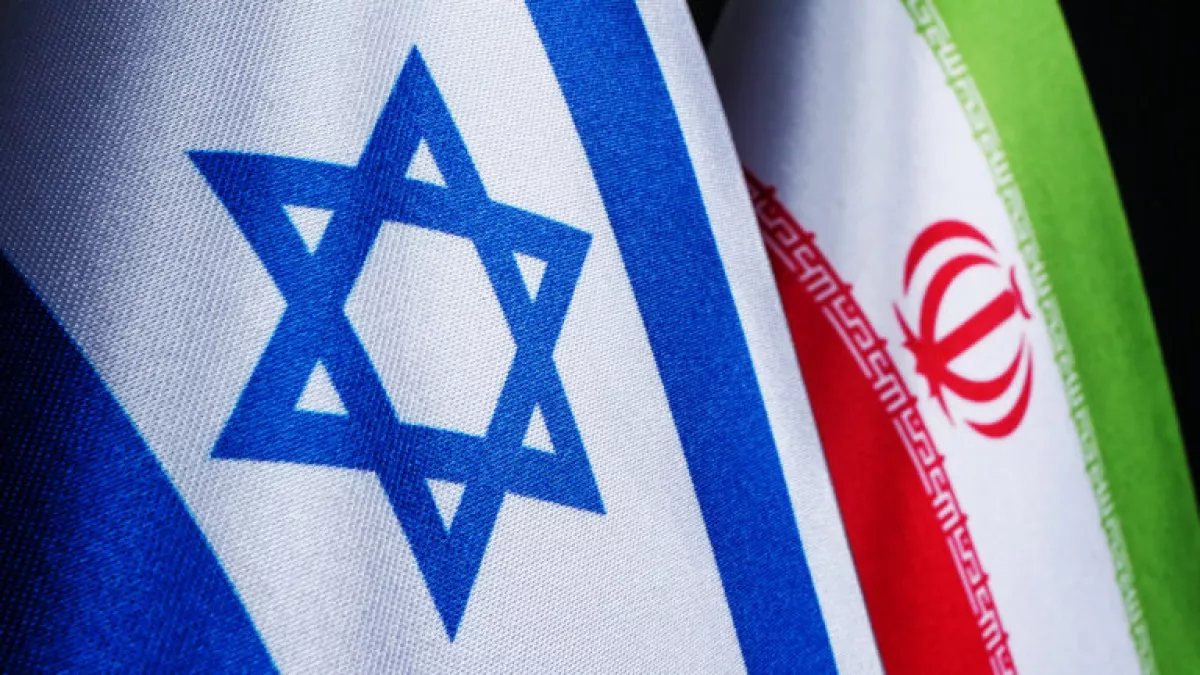
Azerbaijan maintains neutrality in the conflict between Israel and Iran, while consistently emphasising that its territory and resources cannot be used against Iran. Iranian President Masoud Pezeshkian himself felt it necessary to state in an interview with Tucker Carlson that, contrary to rumours, reports of neighbouring countries cooperating with Israel during the 12-day war were not confirmed.
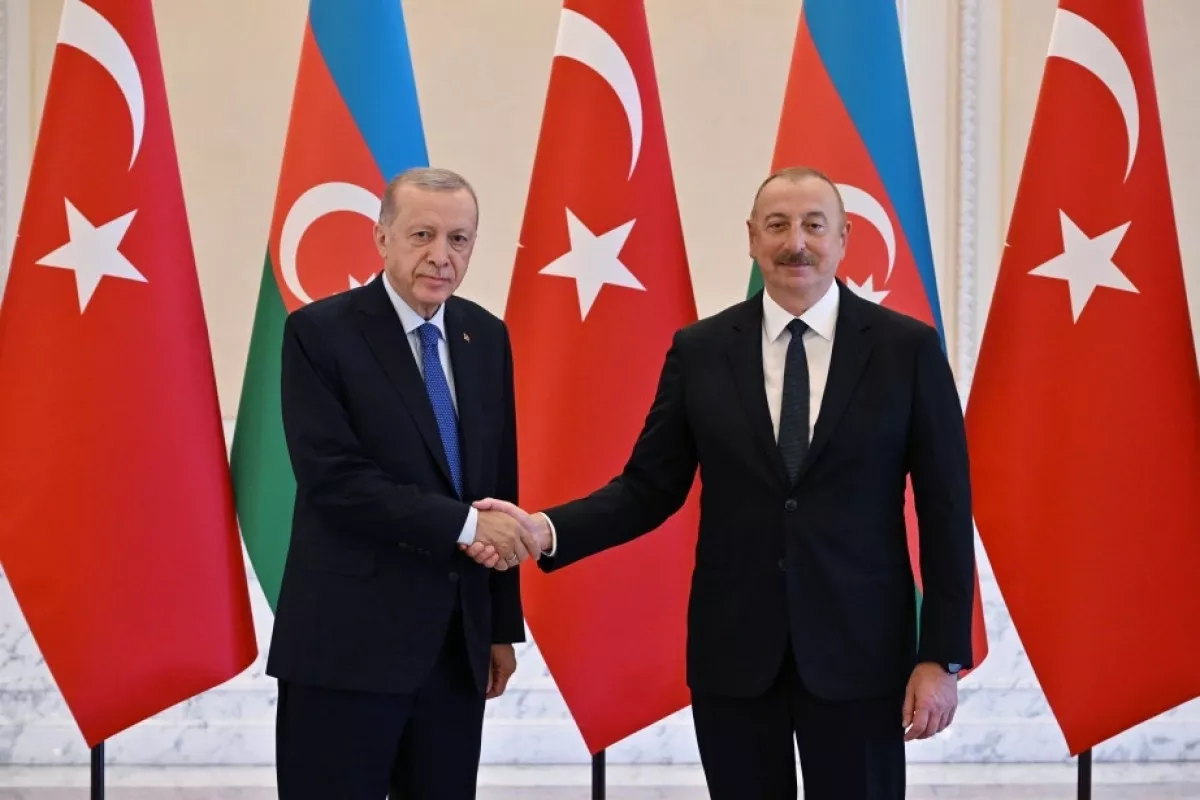
Türkiye is a brotherly nation and strategic ally — bound to Azerbaijan not only by history but also through joint infrastructure and defence projects. However, even this unique closeness does not prevent Baku from pursuing its own course. Alongside deepening ties with Ankara, Azerbaijan also strengthens its relations with Israel and the Gulf states, demonstrating its ability to balance loyalty to allies with pragmatic diplomacy. In fact, this approach allows Baku to create, so to speak, added value for all stakeholders — acting as a mediator in complex or even adversarial negotiations. A recent example was the talks held in Baku between Turkish and Israeli representatives to address disputes over Syria.
Azerbaijan also enjoys excellent strategic relations with neighbouring Georgia. These are built on a shared understanding of the regional and global roles of both countries, shaped in large part by major international transport and communication projects. Azerbaijan and Georgia have positioned themselves as reliable corridors connecting Asia to Europe.
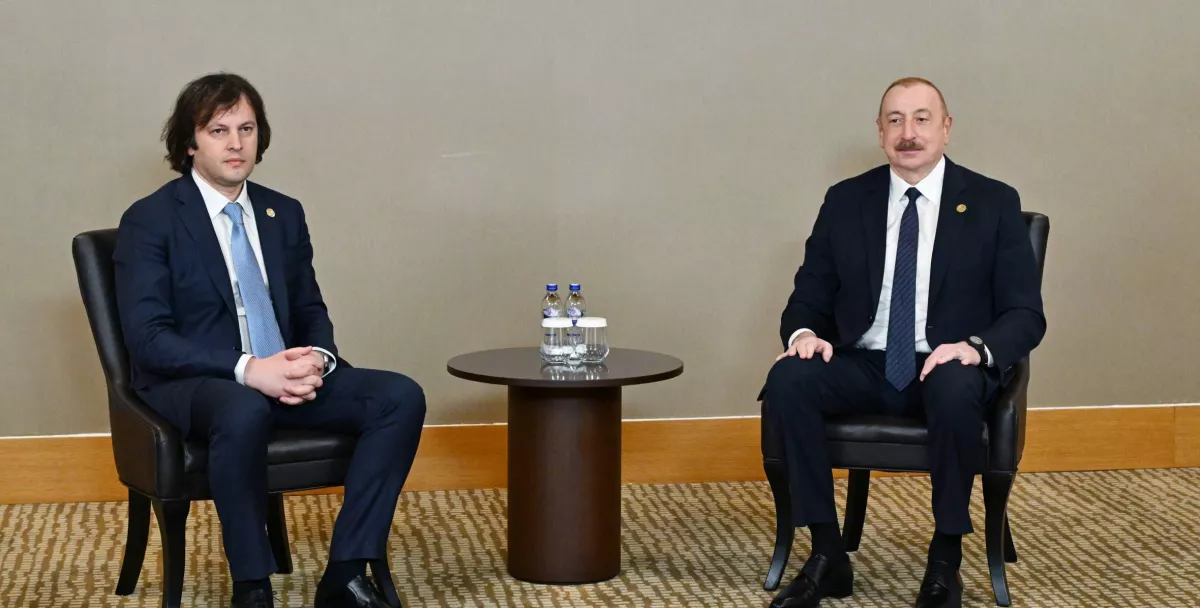
It is worth noting that Azerbaijan's strategic cooperation with Georgia began with the construction of oil and gas pipelines through Georgian territory, transporting Azerbaijani hydrocarbons to Türkiye and onward to global markets.
Armenia, due to its nearly three-decade-long occupation of Karabakh, remained excluded from all regional projects. Now that Azerbaijan has restored its territorial integrity, Baku is offering to turn the page on hostility and jointly work towards a stable and prosperous South Caucasus. All Azerbaijan demands is the formal renunciation of any territorial claims against it. This position, among other things, reflects the absence of emotional bias in Azerbaijani policy. Azerbaijan has extended a dignified hand of cooperation—whether Armenia accepts it or chooses the path of isolation is entirely its decision.
Azerbaijan’s approach to Middle Eastern issues is also telling. Baku has consistently supported the establishment of a Palestinian state with East Jerusalem as its capital. At numerous UN votes, Azerbaijan has stood firmly in support of the legitimate aspirations of the Palestinian people. At the same time, Azerbaijan has developed strategic relations with Israel, particularly in the fields of energy, security, and technology. These ties are underpinned not only by geopolitical interests but also by deep cultural factors—such as the presence of Jewish communities in Azerbaijan, including Mountain Jews and Ashkenazi Jews, as well as a large and active Azerbaijani-Jewish diaspora in Israel.
Notably, Azerbaijan’s balanced position—rooted in both pragmatism and justice—is accepted by both the State of Israel and the Palestinian Authority in Ramallah. It is highly symbolic that in November 2022, Azerbaijan simultaneously opened an embassy in Tel Aviv and a representative office in Ramallah.
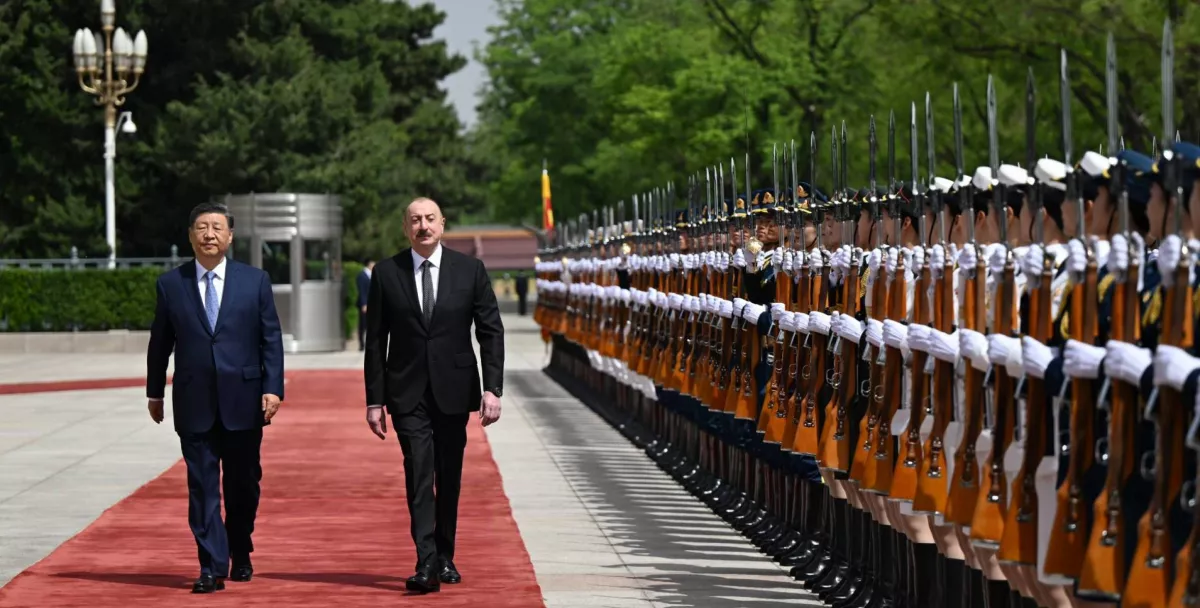
Amid the collapse of familiar global political systems and growing turbulence in the world economy, Baku is deepening its cooperation with China. In April of this year, a package of strategic agreements was signed, paving the way for large-scale investments and integrating Azerbaijan into new transport corridors. At the same time, this has not prevented Baku from intensifying its dialogue with Washington—a process that gained fresh momentum following the return of Donald Trump to the White House.
It is important to emphasise, however, that Azerbaijan’s foreign policy is not only about equidistant multi-vectorism. It is also shaped by clearly defined development priorities. “Our family is the Turkic world,” President Ilham Aliyev has stressed.
Azerbaijan has made significant efforts and plays a pivotal role in fostering and strengthening ties among Turkic nations. What makes Azerbaijan unique is its role as a bridge between its equally close partners—Central Asia and Türkiye. The Turkic states aim to build a common future based not only on shared history and culture but also on the imperatives of economic development and security. The Trans-Caspian or Middle Corridor forms the backbone of this cooperation, encompassing economic, investment, technological, cultural, and defence integration.
Azerbaijan’s active engagement in international organisations also deserves special mention. Its chairmanship of the Non-Aligned Movement has revitalised the organisation and amplified the collective voice of the Global South. Azerbaijan’s leadership during the preparations and hosting of the UN Climate Conference—COP29—in Baku played a key role in securing a landmark decision on climate finance, calling on developed countries to mobilise at least $300 billion annually by 2035.
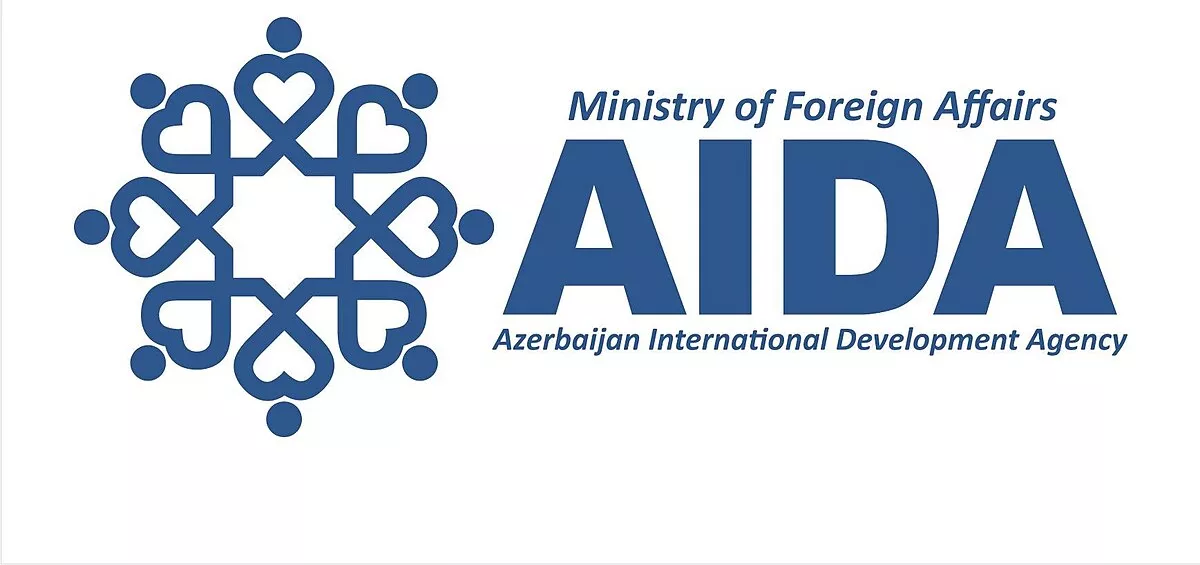
It is also worth highlighting the Azerbaijan International Development Agency (AIDA), operating under the Ministry of Foreign Affairs of the Republic of Azerbaijan. AIDA provides humanitarian assistance to developing countries across Asia, Africa, and Latin America.
Such activities further enhance Azerbaijan’s international standing and foster greater trust in the country among global actors.
This strengthening of Azerbaijan’s position on the world stage does not come easily. Over the years, various global power centres have displayed hostile attitudes toward Azerbaijan—ranging from supporting the occupation of its territories to imposing or threatening to impose sanctions. The response from Baku, its top leadership, and its diplomatic corps has always been firm and uncompromising—both in terms of official statements and reciprocal actions. The history of Azerbaijani diplomacy shows that when a party attempts to disregard or violate the country’s interests, the response is swift. It may be tough, but it is never emotional—always calculated and measured. This was evident in relations with France following Paris’s provocative stance on the Karabakh issue, and it continues to manifest—albeit more subtly—in relations with other countries, where diplomacy and economic policy go hand in hand.
Azerbaijan continues to steadily develop its foreign policy strategy, and its diplomacy remains at the forefront of this effort. We extend our best wishes to all Azerbaijani diplomats for continued fruitful service to the nation and great success in their professional journey.
Congratulations on your professional holiday!








